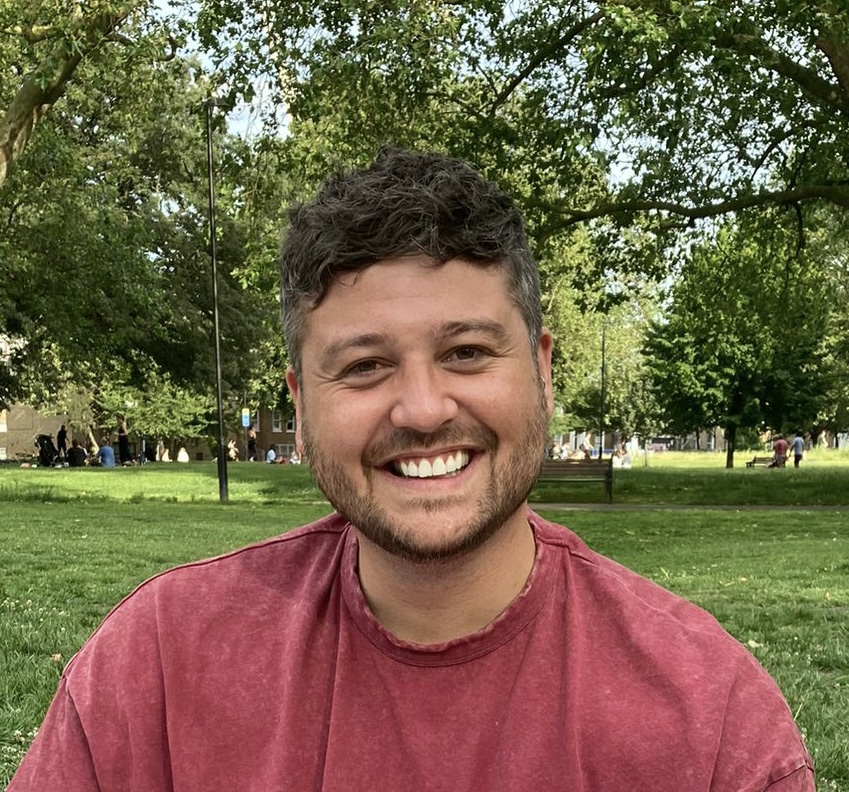
Meet our volunteers: Daniel Summers
Dan found out he had retinitis pigmentosa in February 2022, but he feels it has been “on cards for years”. He said he had “an inkling something was up but never did anything about it: a typical guy I guess!”
Search results

Dan found out he had retinitis pigmentosa in February 2022, but he feels it has been “on cards for years”. He said he had “an inkling something was up but never did anything about it: a typical guy I guess!”
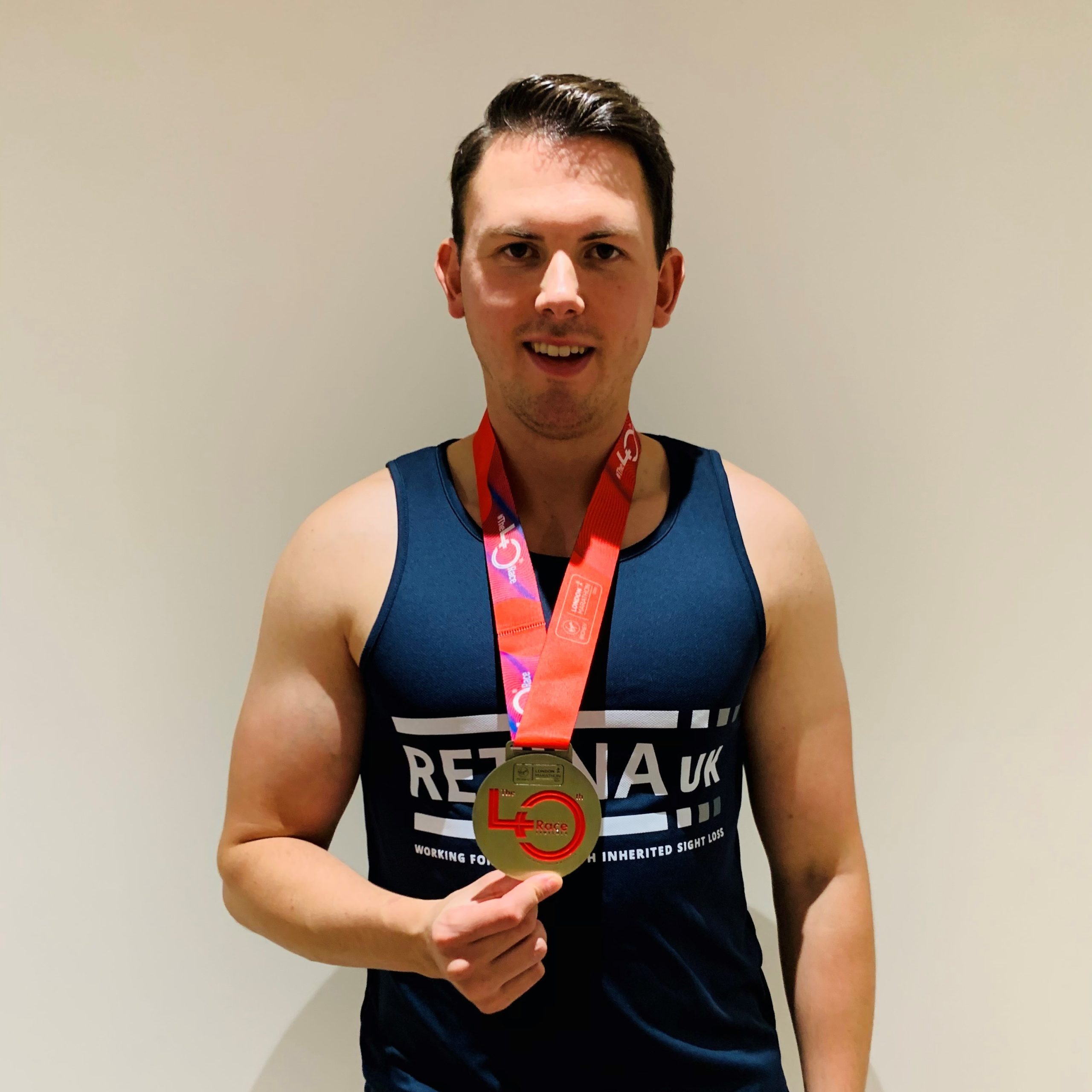
James was part of #TeamRetinaUK in 2020 when he took part in the first ever Virtual London Marathon. He talks about his experience and his motivation.
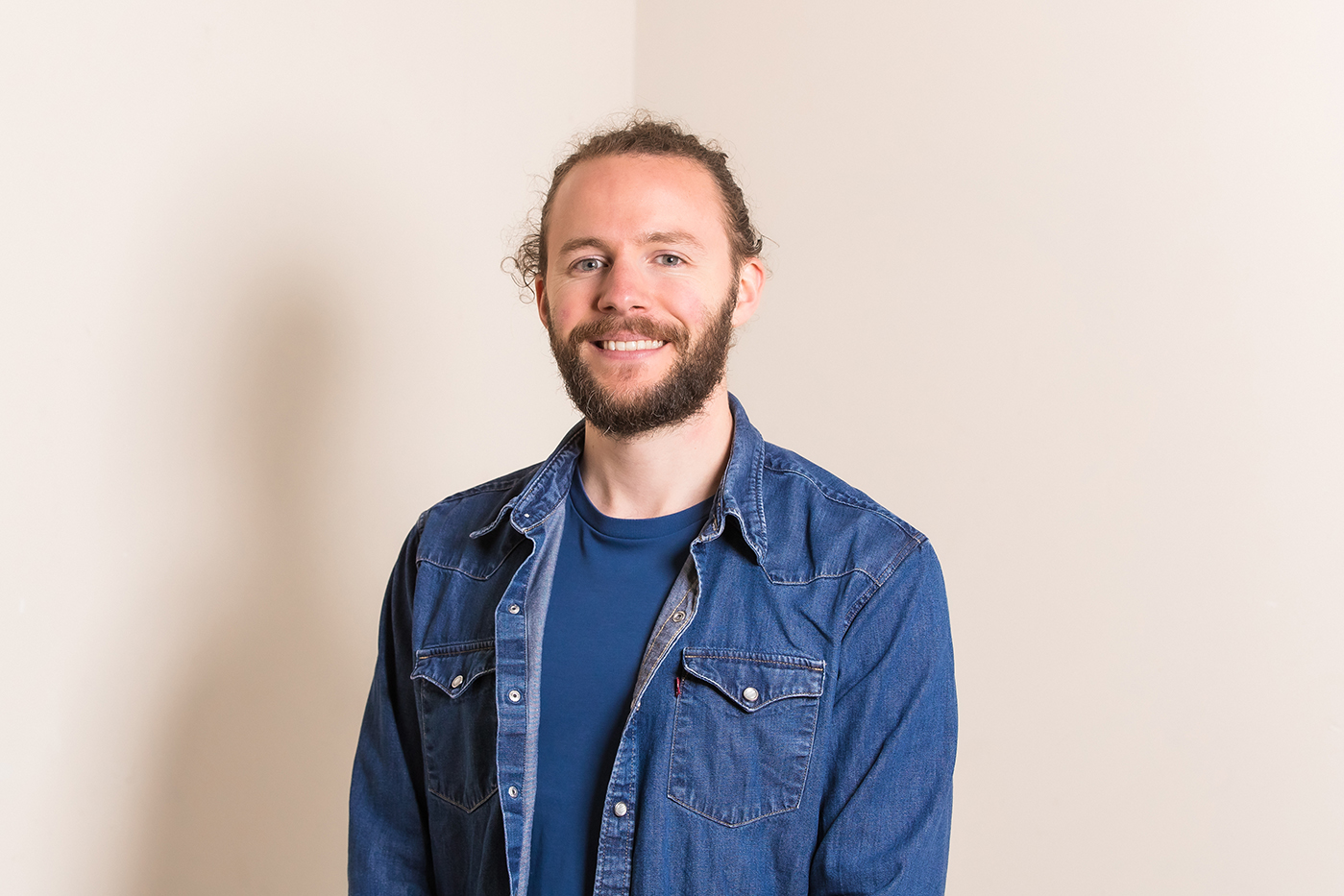
Our amazing volunteers are diverse in age, background and ethnicity. The one thing they have in common is that they are all living with, or directly affected by, an inherited sight loss condition.
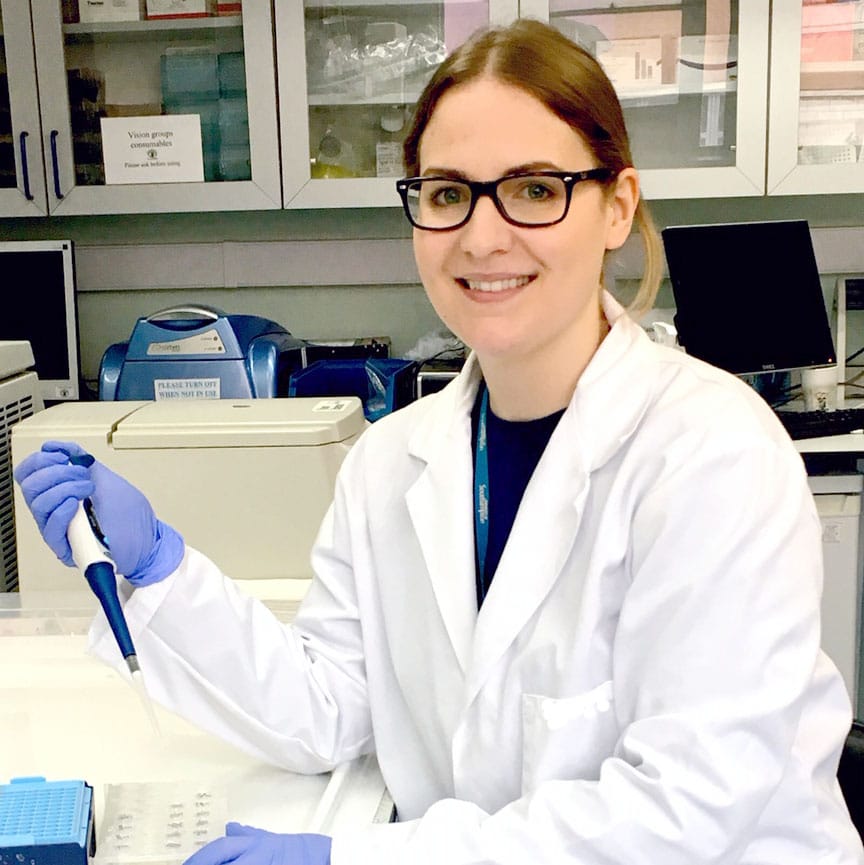
Jenny Dewing is a postdoctoral researcher working on a Retina UK-funded project with Dr Arjuna Ratnayaka at the University of Southampton.
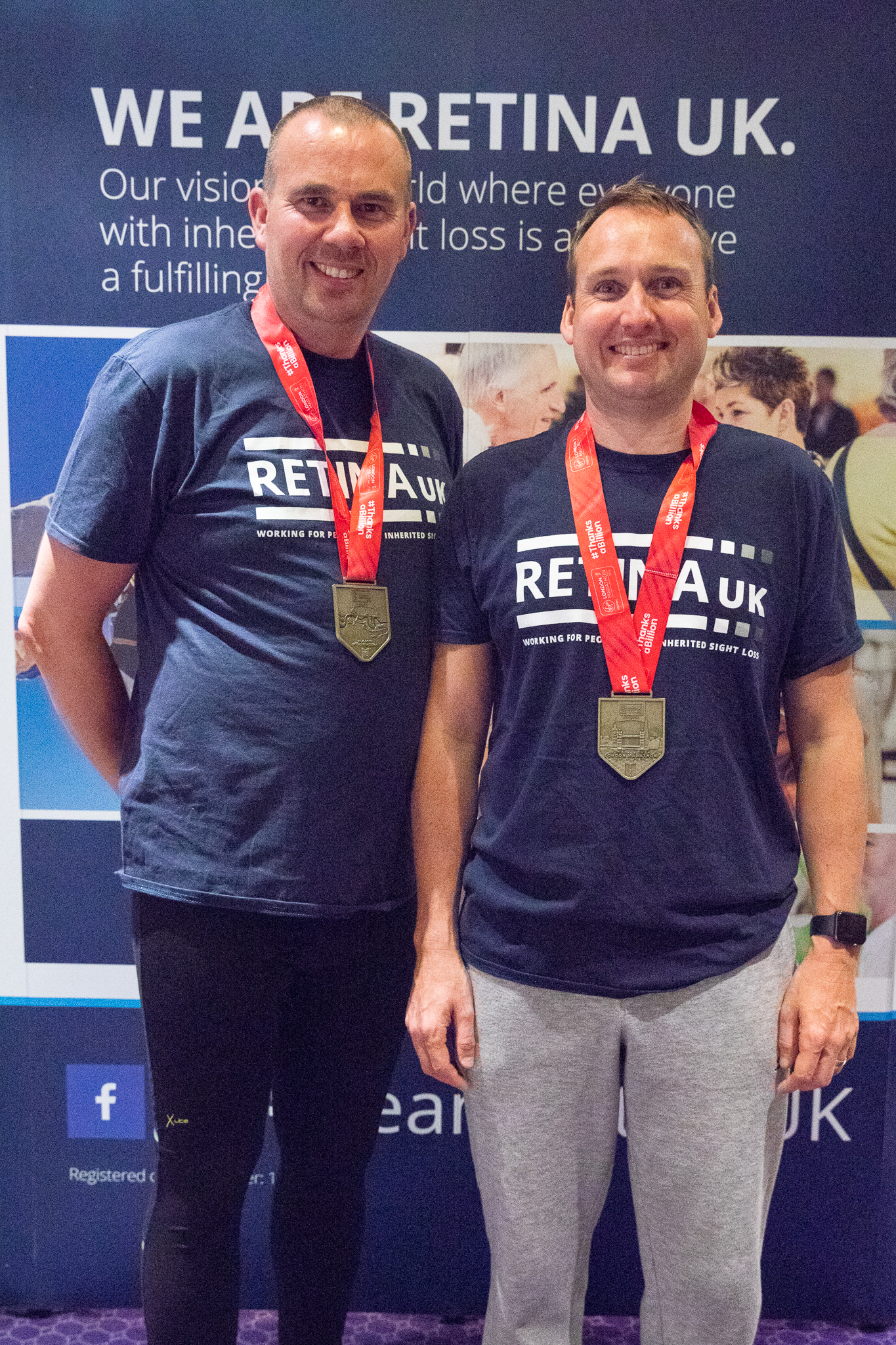
Ashley has completed the London Marathon numerous times. He was part of #TeamRetinaUK in 2021 and talks here about his experience.
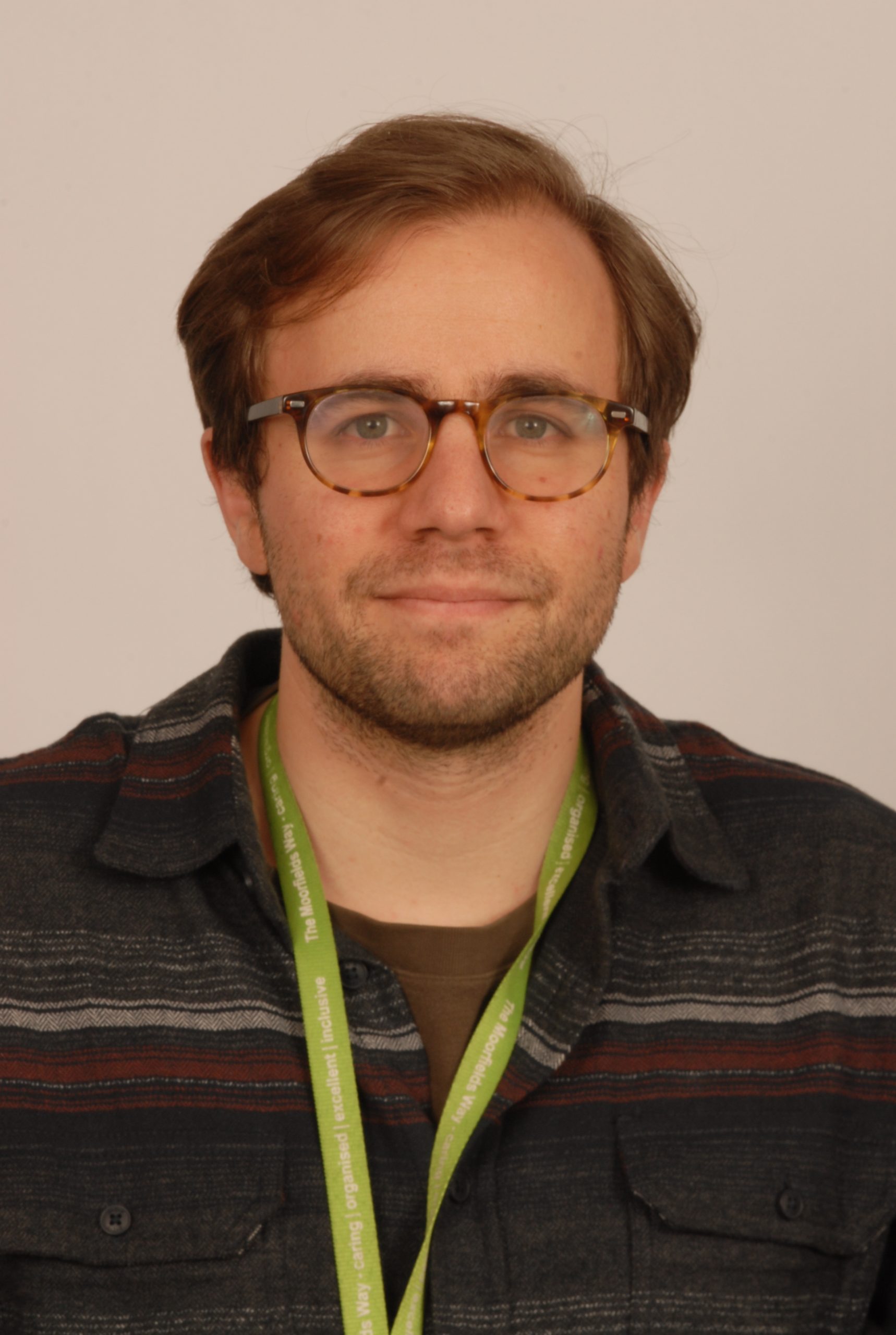
Dr Nikolas Pontikos is a Senior Research Fellow at UCL Institute of Ophthalmology, and has been working on inherited retinal conditions for several years.
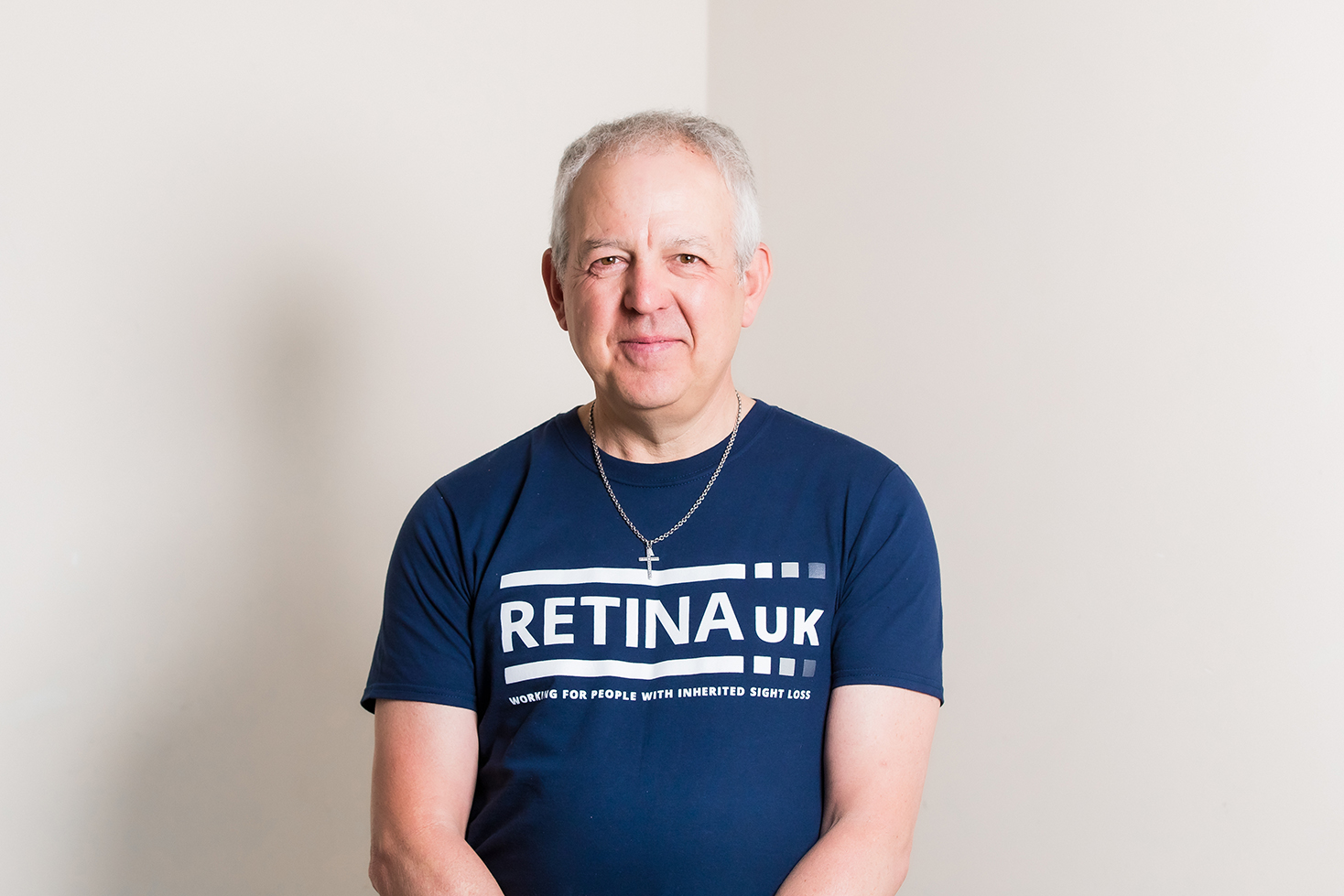
Simon talks about his experience of genetic testing and counselling.
As Luxturna reaches the clinic and other gene-specific therapies for inherited retinal disease get closer to the end of the development pipeline, it is becoming ever more important that affected families can access a genetic diagnosis, potentially opening up choices around treatment and clinical trial participation.
Your generous support allows Retina UK to fund the work of leading scientists who are increasing understanding of inherited sight loss and moving us closer to treatments.
With a significant proportion of inherited retinal conditions being caused by unidentified genetic faults, and many families unable to get clear results from genetic tests in clinic, the project set out to solve previously undiagnosable cases and discover more of the genes and mutations that are associated with sight loss.